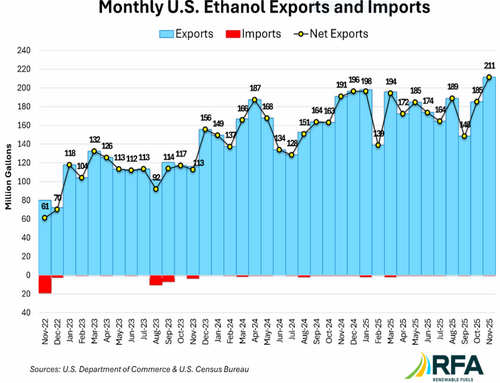By Wayne Parcelle, former president of the Humane Society of the U.S. (HSUS), now president of Animal Wellness Action and the Center for a Humane Economy as it ran in Agri-Pulse
If you listen to the arguments from the National Pork Producers’ Council you might think the entire U.S. pig industry was on the verge of collapse because of the market effects of Prop 12 in California and Question 3 in Massachusetts.
The laws are exerting, according to critics, an “extra-territorial” effect. The applause line aimed at conventional farmers is that California is telling farmers in Iowa and North Carolina how to raise pigs.
The reality is quite different. California and Massachusetts, when it comes to agricultural commerce, are providing a major market for thousands of pig farmers who’ve already moved away from gestation crates, or never put sows in extreme confinement system in the first place.
As an architect of Prop 12 and the farm animal welfare ballot measures that preceded it, I’ve long called out opponents’ exaggerated claims about production capacity and market disruptions. A recent market analysis, conducted by economists and agricultural veterinarians with the Center for a Humane Economy, revealed that California and Massachusetts together will need just 6% of U.S. production to meet demand for gestation-crate-free pork.
With close to half of the nation’s six million breeding sows already in group housing systems or pasture-based settings for most of their gestation period, supplying California and Massachusetts with pork is a matter of logistics, not capacity.
A pork industry leader, who is no fan of Prop 12, affirmed that analysis just last week. In The Gazette in Cedar Rapids, Matt Gent, president of the Iowa Pork Producers’ Council, said that “over the past year, there’s been enough production change to meet Prop 12 demand that it really truly doesn’t affect a producer that doesn’t want to” adjust operations to comply with the California law.
To read entire report, Click Here



